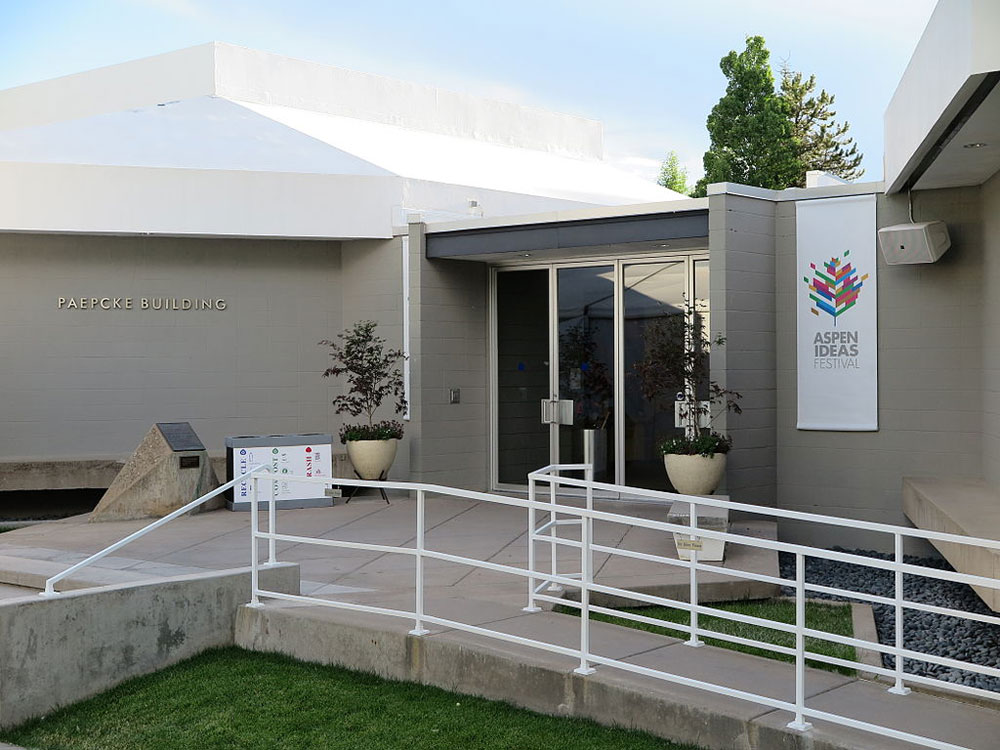
May 14, 2020; Washington Post
We are not always sure what goes through the heads of some of this country’s so-called “thought leaders,” who at times seem to have left their thinking caps at home. So it is with the Aspen Institute, a think-tank with 430 employees and an endowment of $115 million that, as the Washington Post reported yesterday, applied for and received an $8 million Paycheck Protection Program loan.
Those potentially forgivable PPP loans, as readers know, are meant to keep employees of small businesses employed during a cash shortfall. But the Aspen Institute apparently couldn’t discern what eating up $8 million of the available dollars, leaving others without, might look like to the public and to their partners.
“We believe that our application, which was made in the first week of the PPP, was consistent with the goals of the program,” said spokeswoman Amy DeMaria in a statement. “Upon listening to our communities and further reflection, we have made the decision to return the loan. The Aspen Institute is committed to doing our part to help the country and the world both recover from and rebuild after this global pandemic. We stand with all who are trying to make a difference in very difficult times.”
Aspen’s board includes some fantastically wealthy people, including former Disney head Michael Eisner and Chairman James S. Crown, whose family is worth almost $9 billion. Some believe it would have been far better for them to have put a little elbow grease into making use of those folk to cover the costs of idle conference sites in gorgeous locations.
Sign up for our free newsletters
Subscribe to NPQ's newsletters to have our top stories delivered directly to your inbox.
By signing up, you agree to our privacy policy and terms of use, and to receive messages from NPQ and our partners.
Aspen fellow and moderator Dele Olojede, a Pulitzer Prize-winning reporter, accused the think tank of putting self-interest before community interest even when “there is so much suffering and death.”
“The people and businesses—local bookstores, coffee shops, restaurants, small foundries, little packaging businesses, your local grocers—that really need the money have none,” Olojede says. “And we have Depression-era unemployment. Mass deaths. And one of America’s most elite institutions thinks it is okay to take the money.”
So, do we think the Aspen board thought twice about the issue in terms of morality, or even their reputation? Hard to say, since the board’s decision to give the money back coincided with newly published guidance by the SBA informing loan recipients that all loans over $2 million would be need to be certified in terms of need. They have asked loan recipients to return the money they have been awarded by yesterday if they have the ability to access other sources of liquidity.
So much for “values-based leadership.” Why not visit the Aspen Institute’s page on income inequality?—Ruth McCambridge













